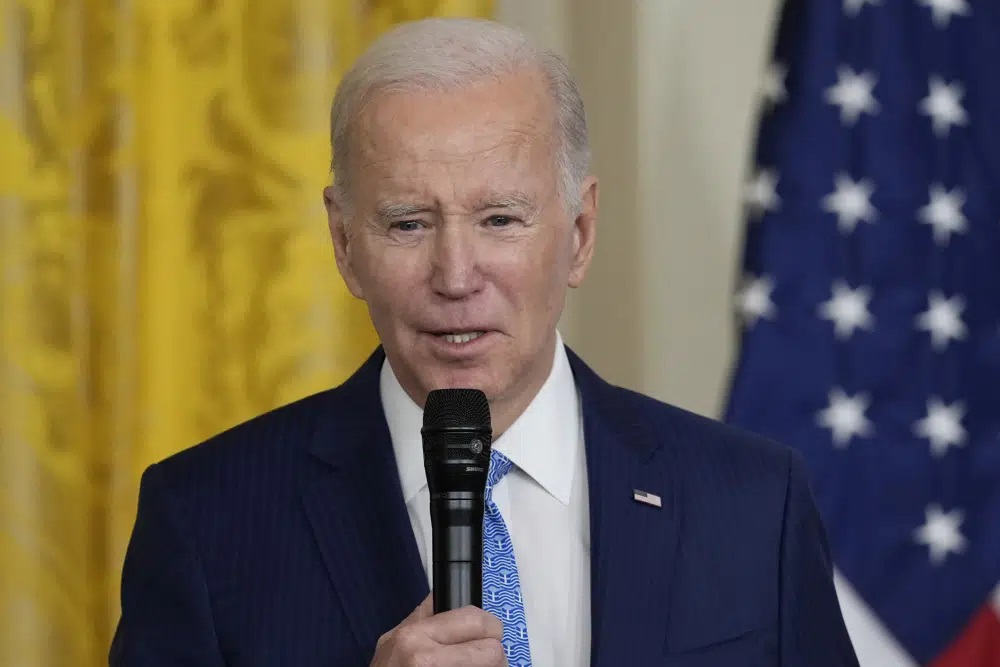
THE WEALTH DISTRIBUTION AND MINIMUM WAGE LEADING TO ECONOMIC INEQUALITY IN USA


Photo Credit: Getty Images US financial markets plunged dramatically on Monday as President Donald Trump...
Photo Credit: Eric Nzioka The recent escalation in trade tensions between the United States and...
Photo Credit: Getty Images Sales of previously owned homes in the United States beat analysts'...
Photo Credit: Getty Images The Bank of England (BoE) kept its key interest rate at 4.5 percent...
Photo Credit: Getty Images The Dow Jones Industrial Average dropped 491 points, or 1.2%, while the...
Photo Credit: Getty Images A major policy change, the Bank of England has lowered its base rate of...
Photo Credit: Getty Images The U.S. economy continued its robust performance in the third quarter...
Photo Credit: Getty Images The IMF announced on Tuesday that global growth is anticipated to slow...
Photo Credit: Getty Images US consumer inflation eased a bit more than anticipated last month,...
Photo Credit: Getty Image The U.S. Treasury market experienced a seismic shift Monday as 10-year...
Photo Credit: Getty Images U.S. hiring surged in September, exceeding expectations and pushing...
Photo Credit: Getty Images The latest Consumer Price Index (CPI) data released Wednesday showed...